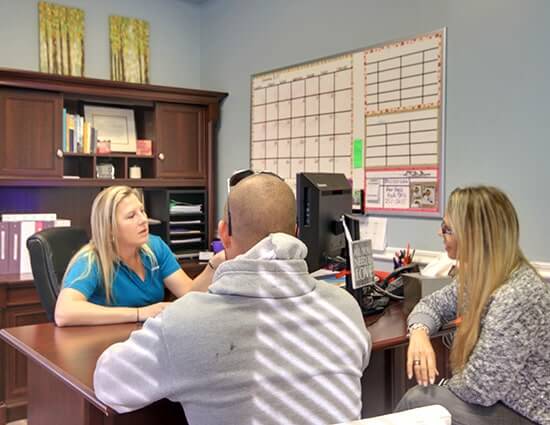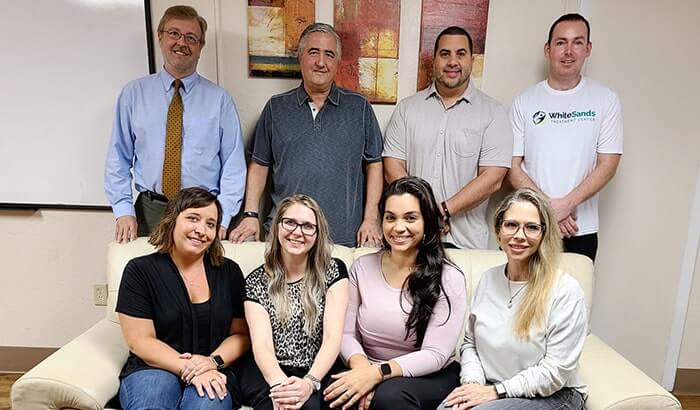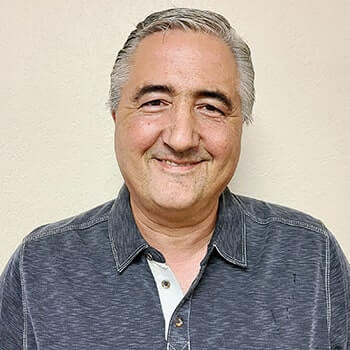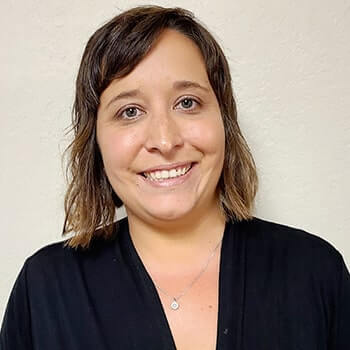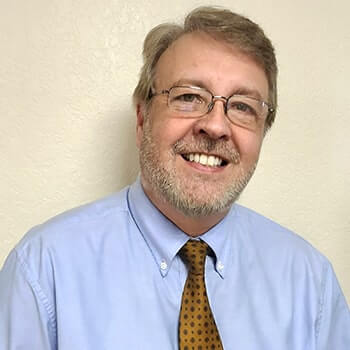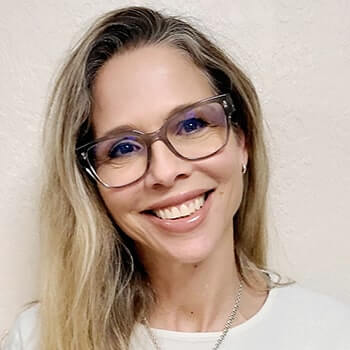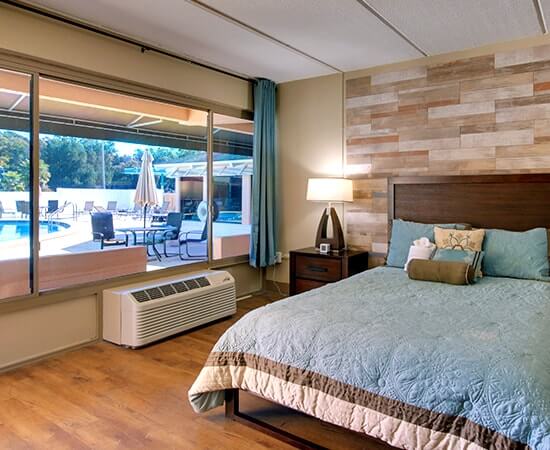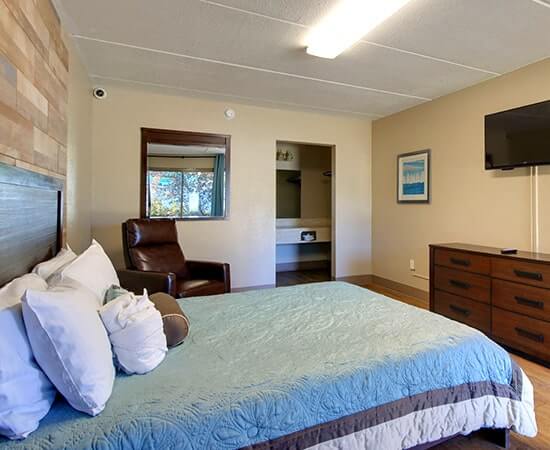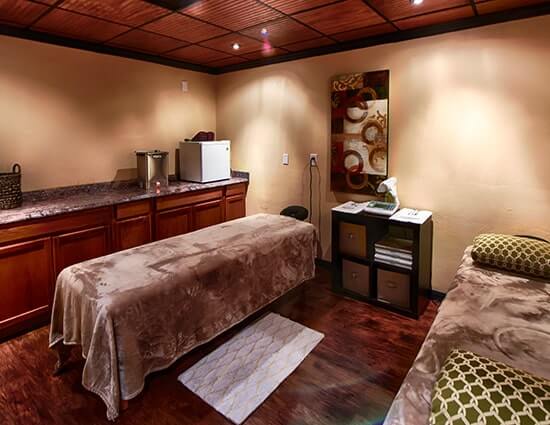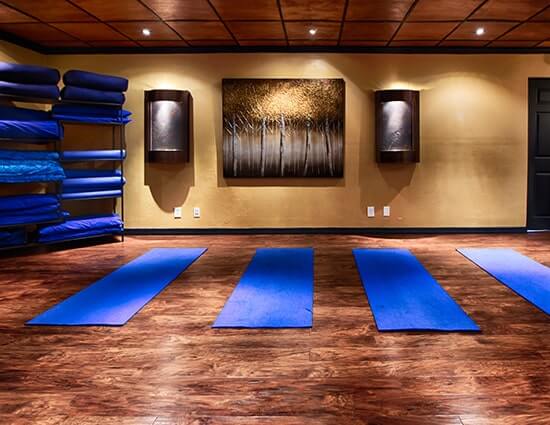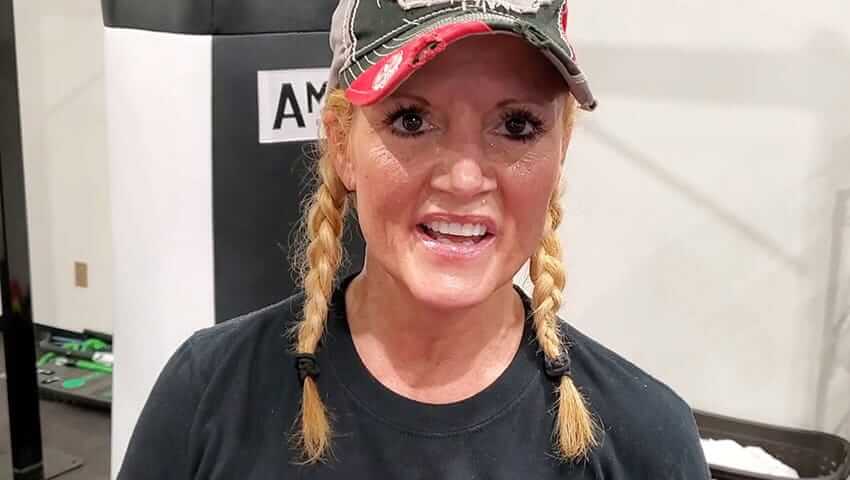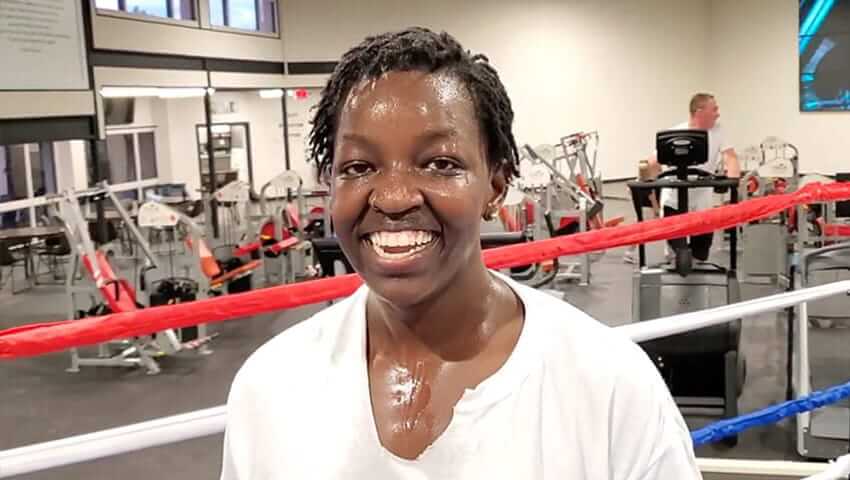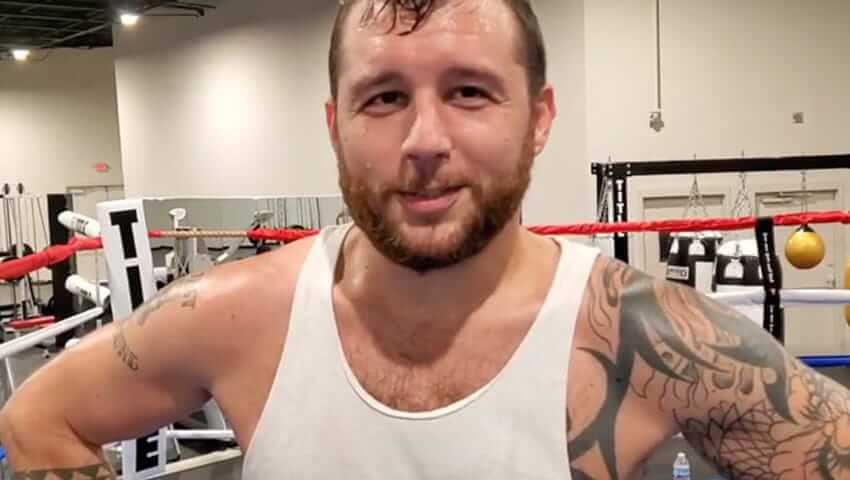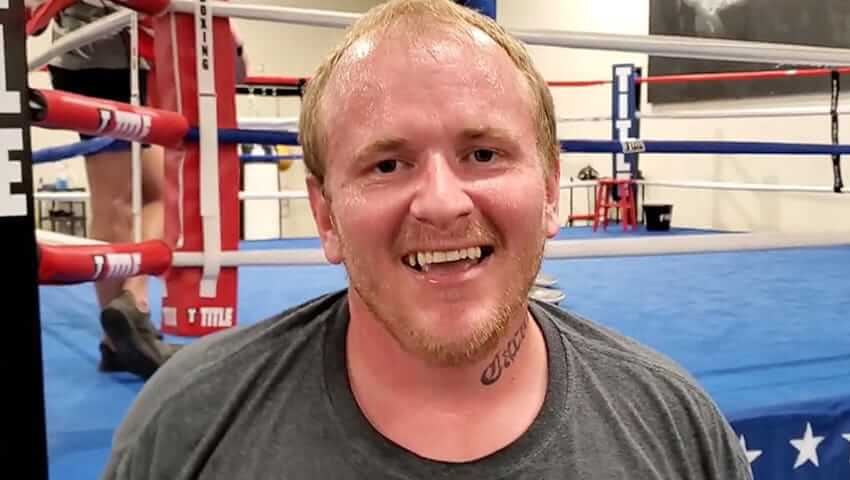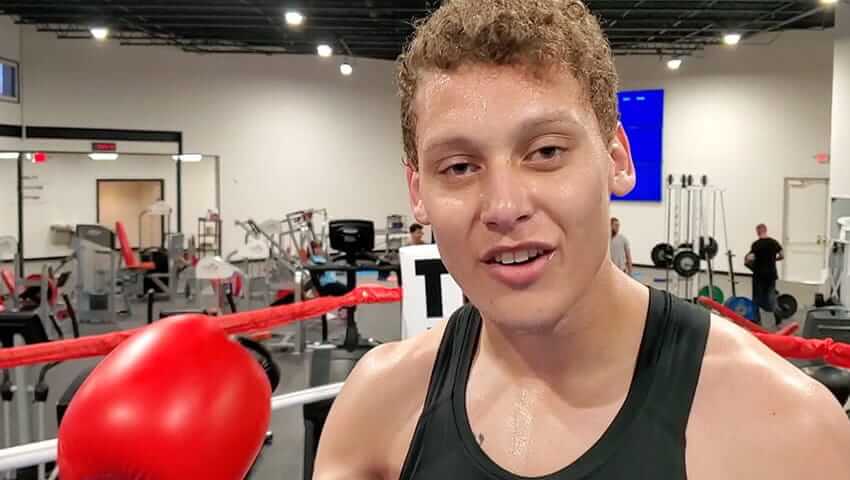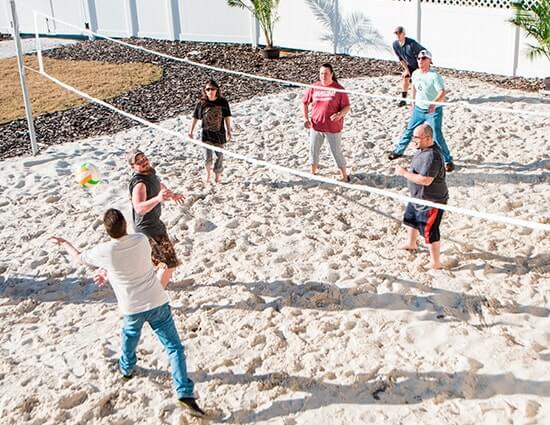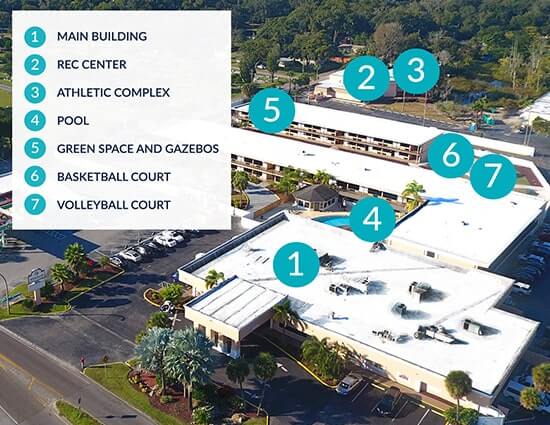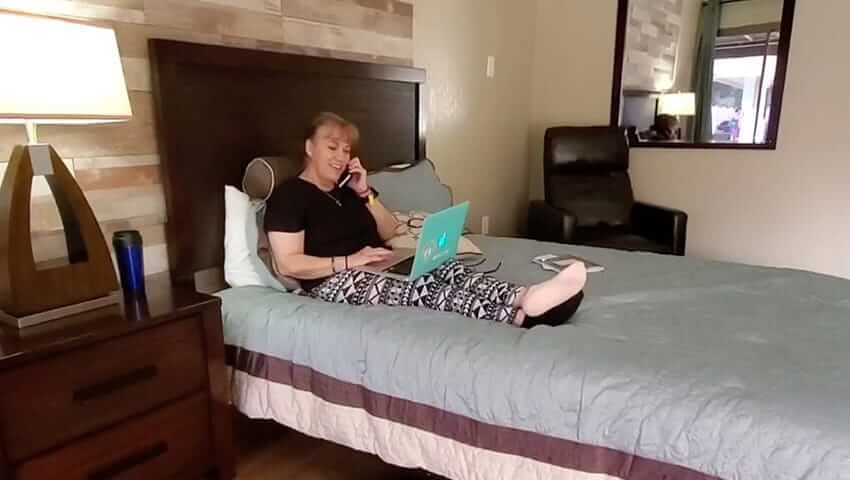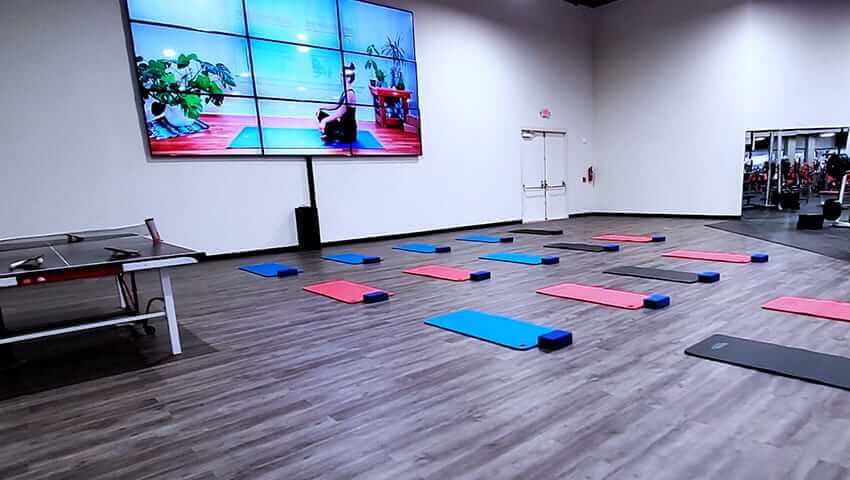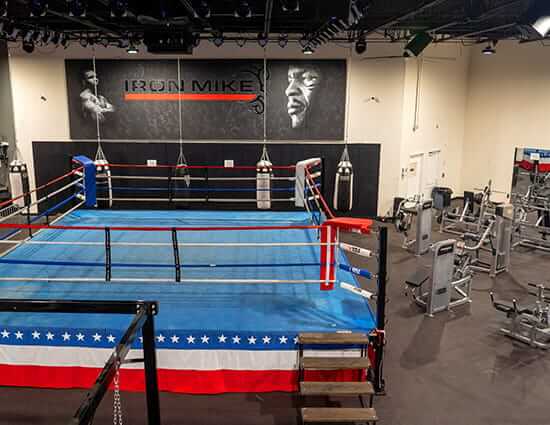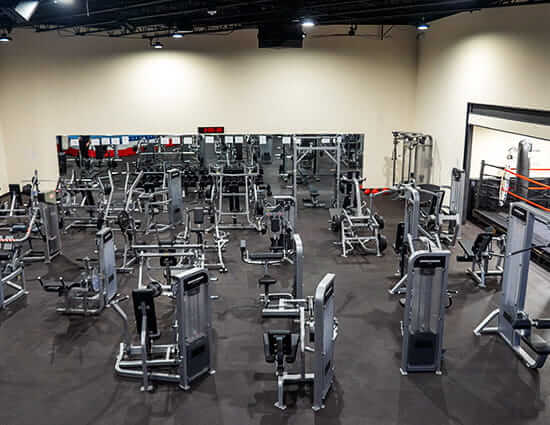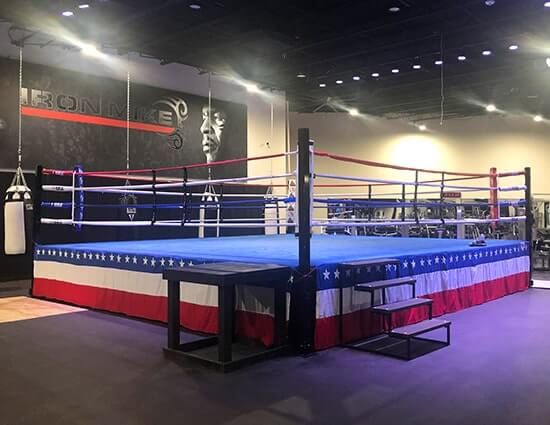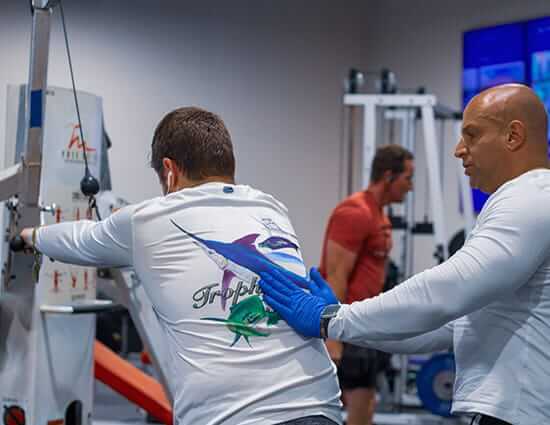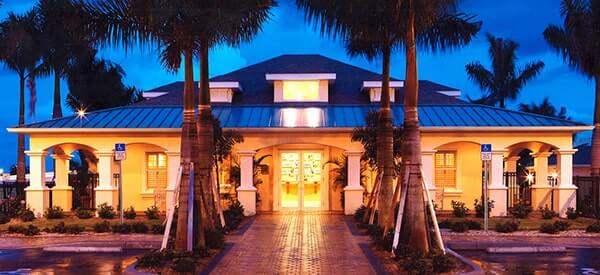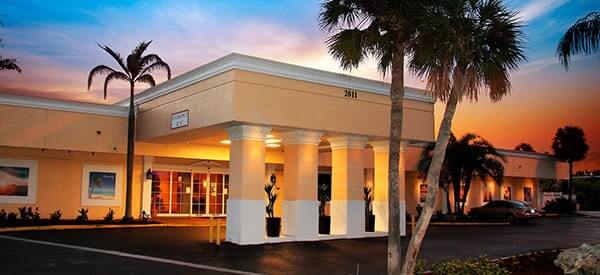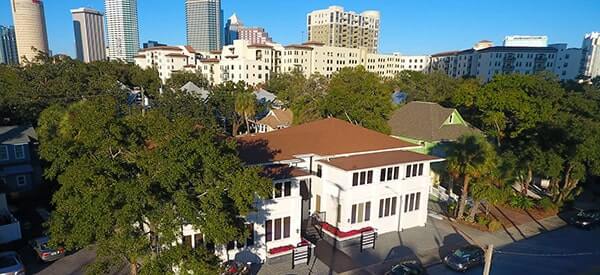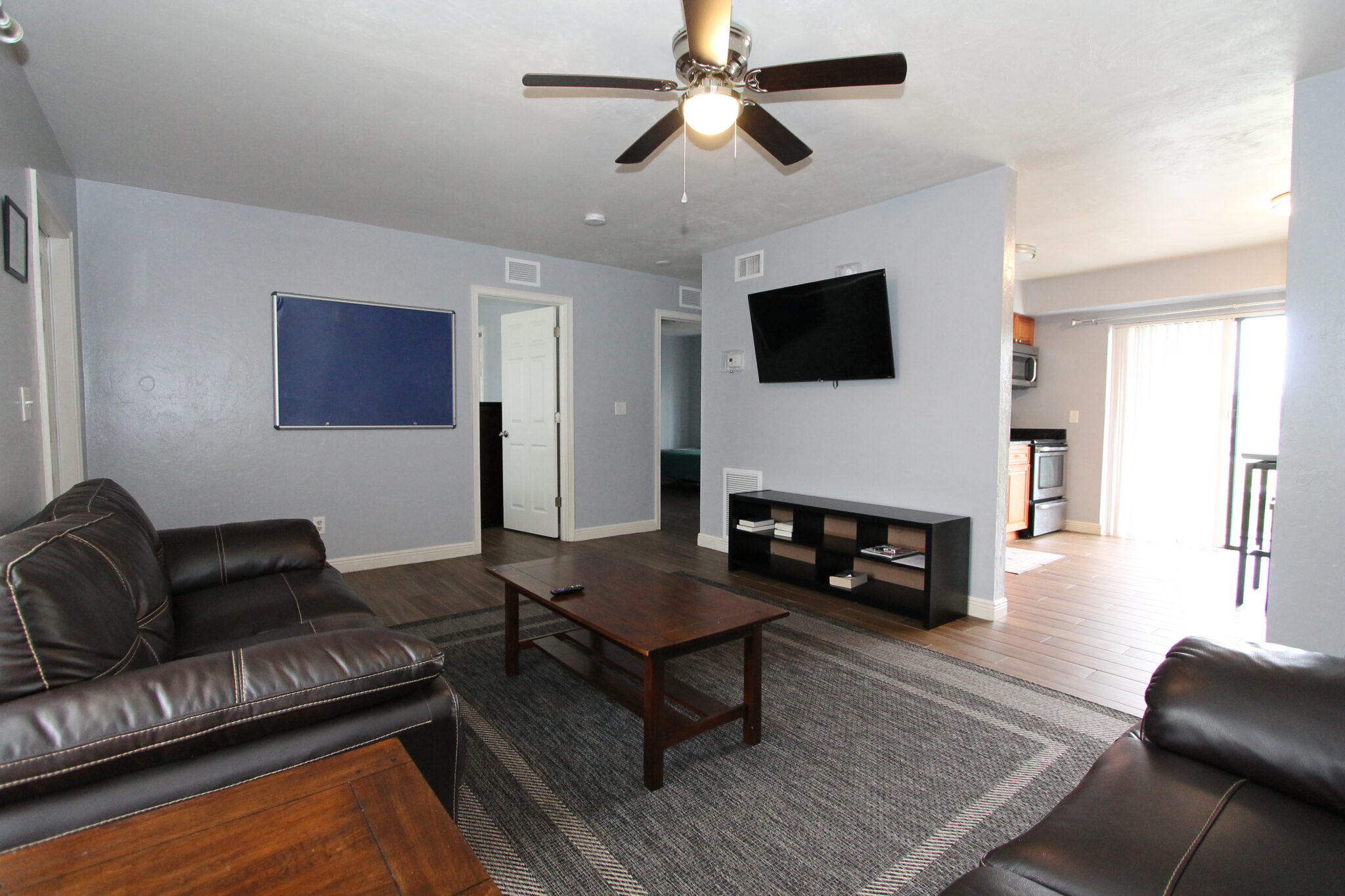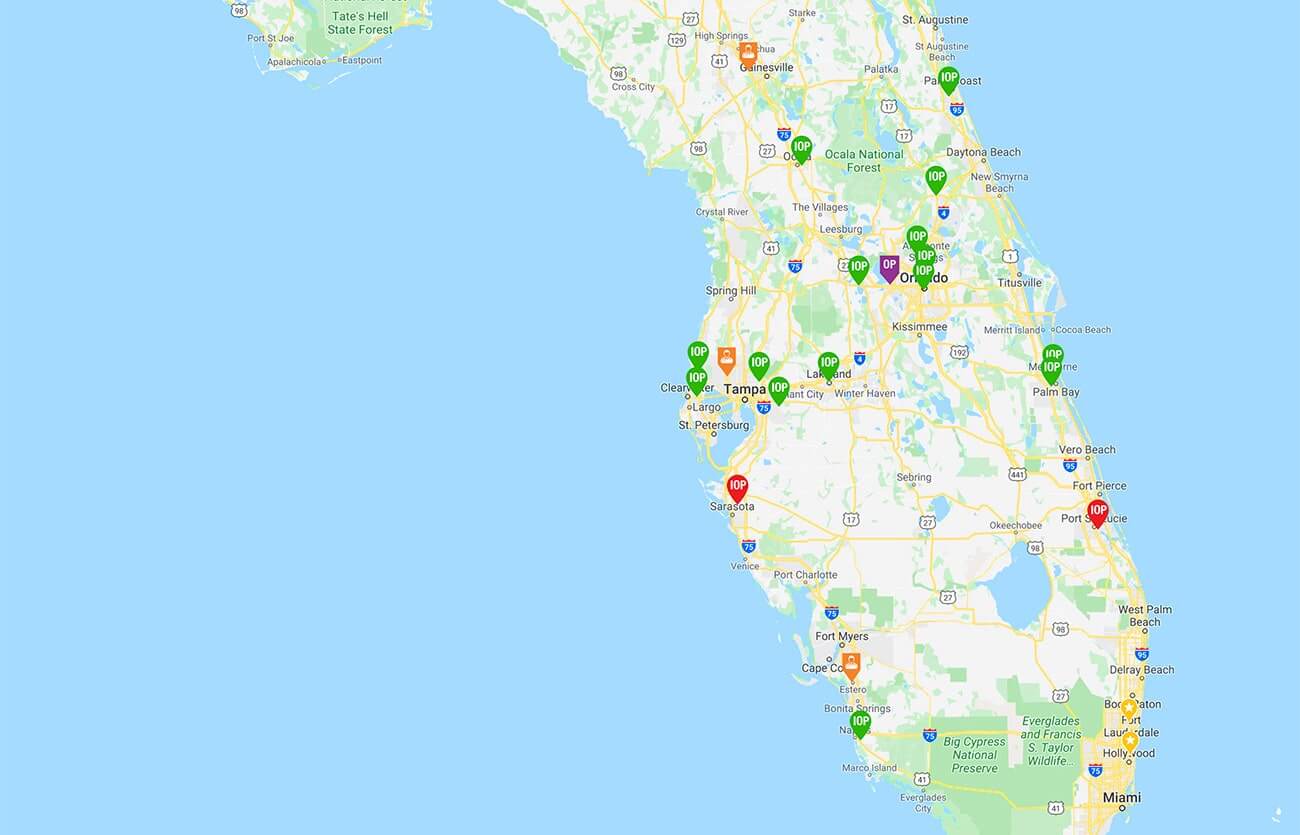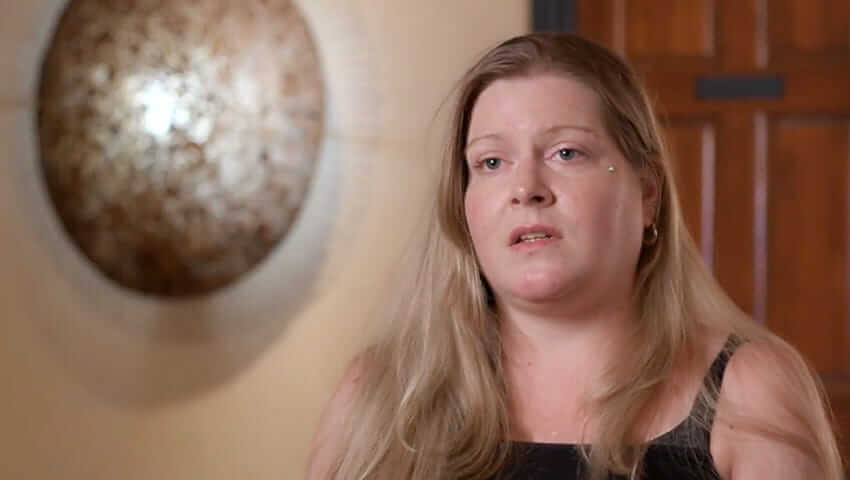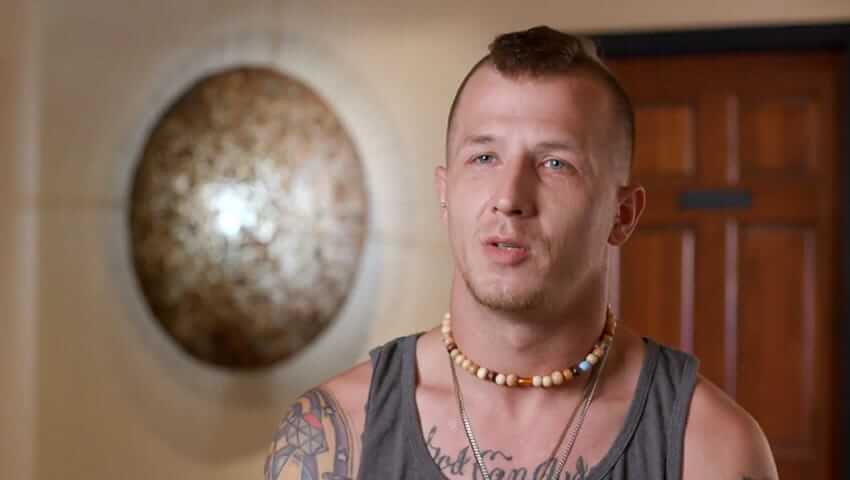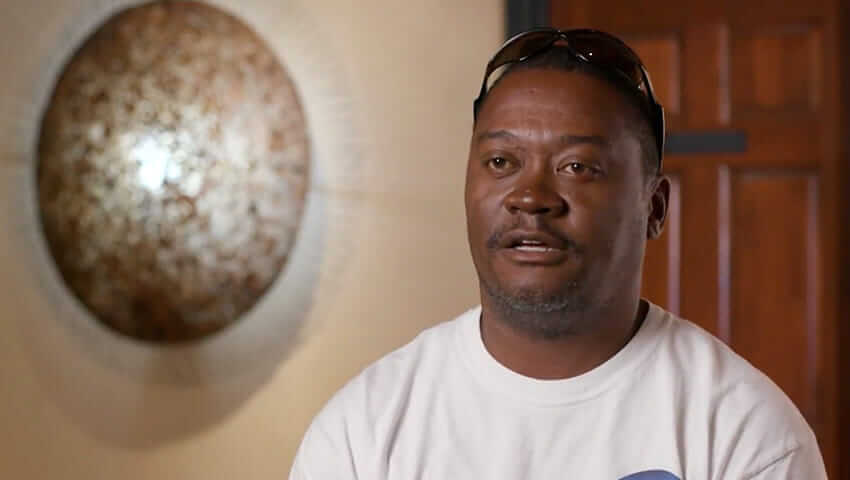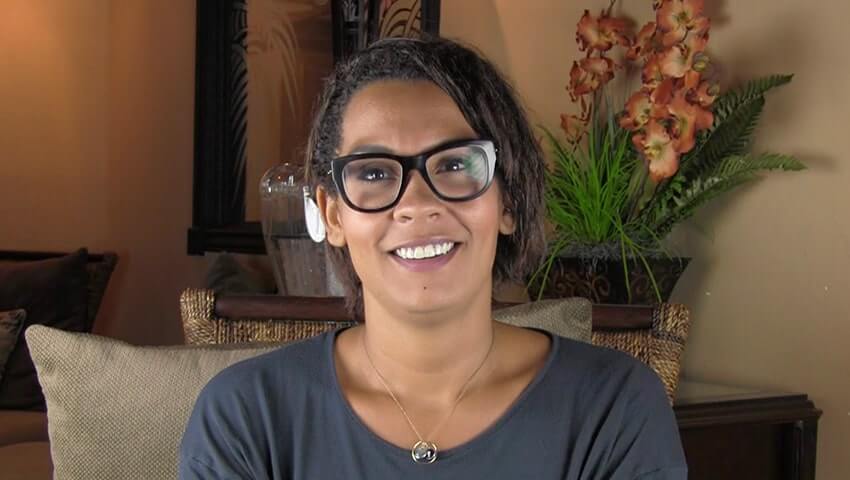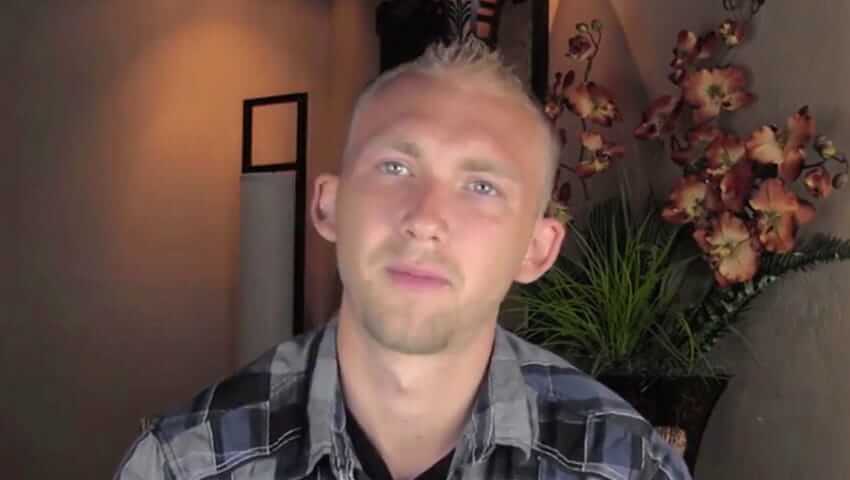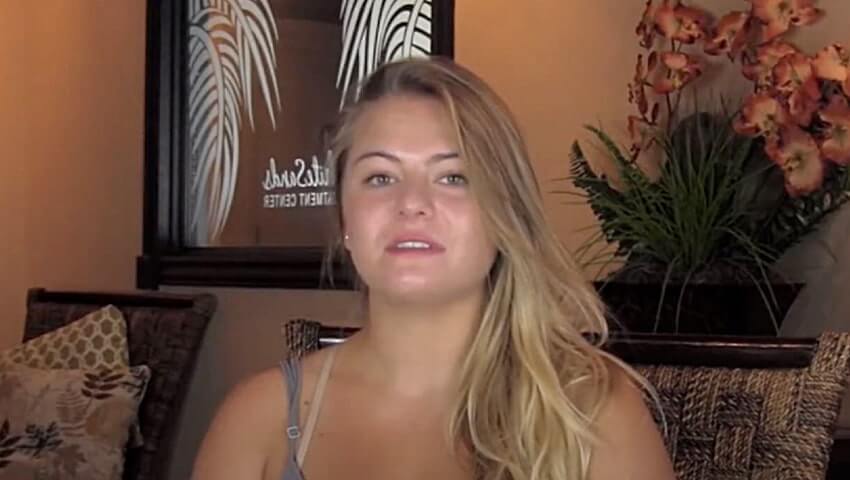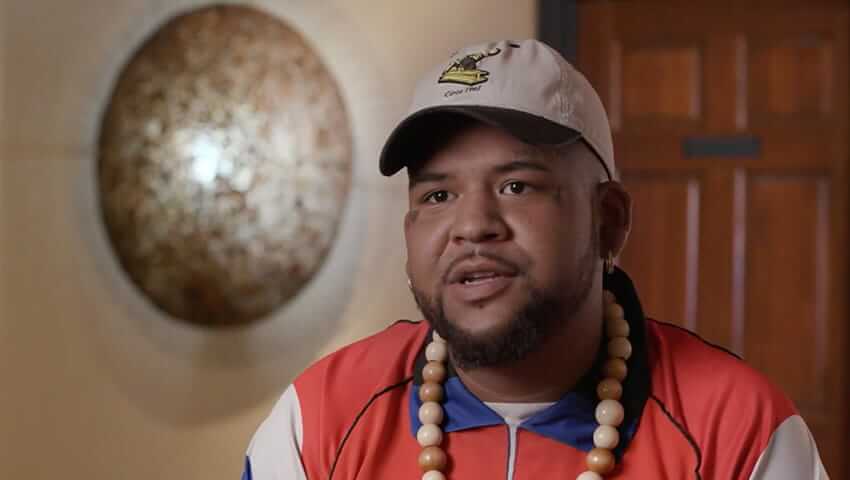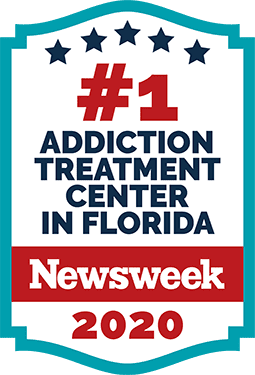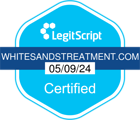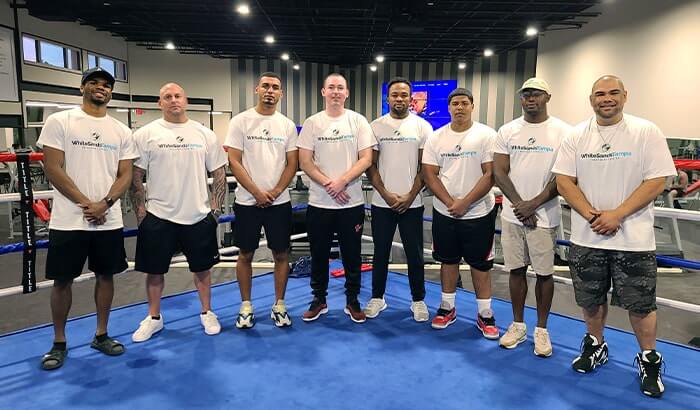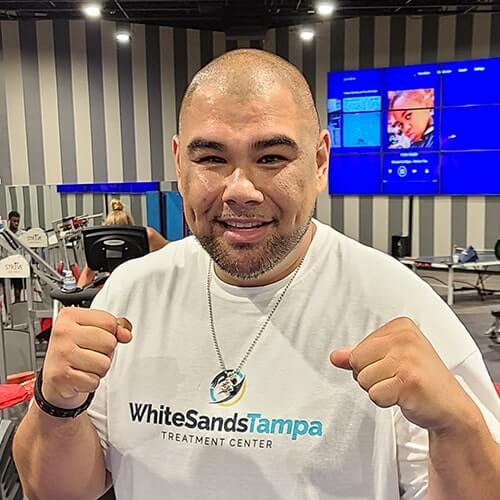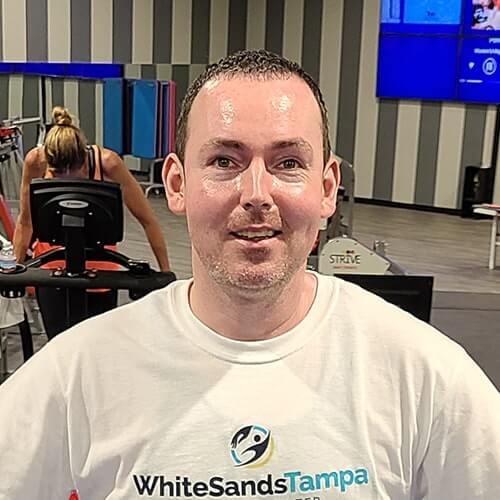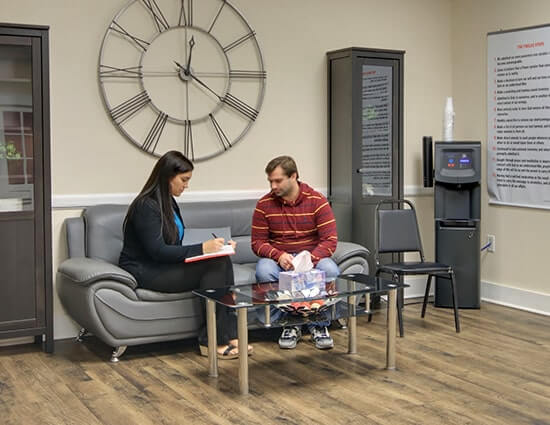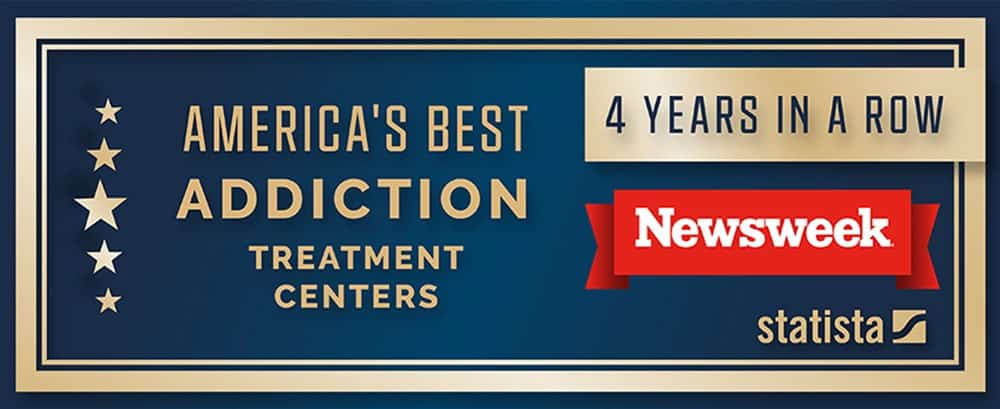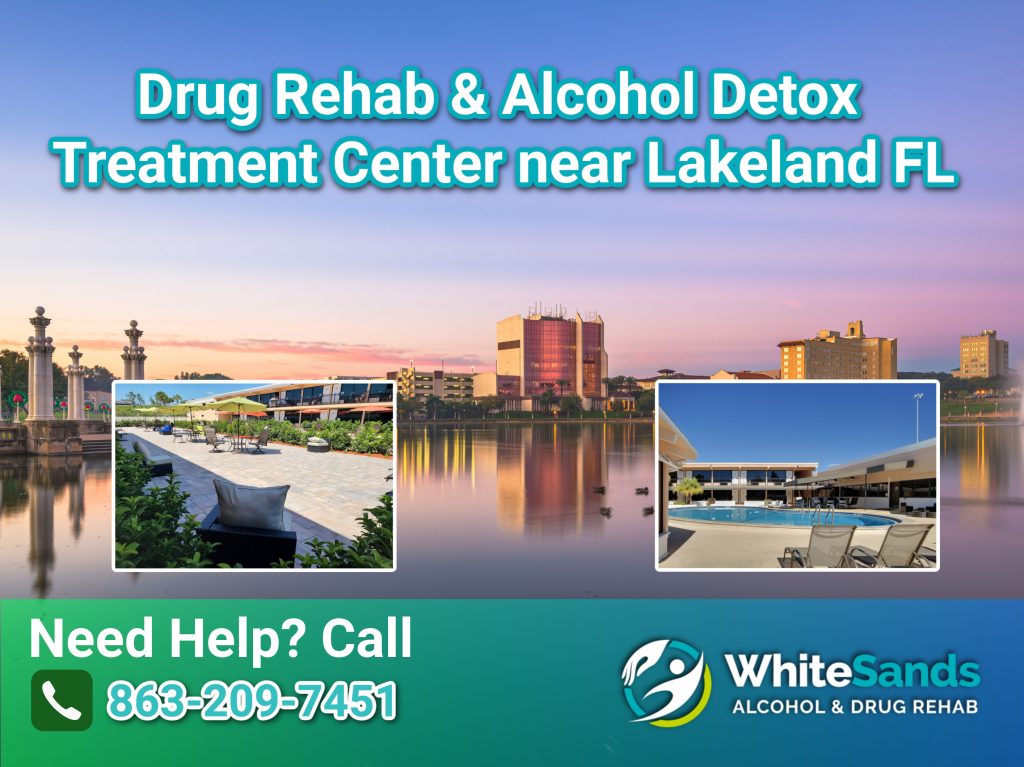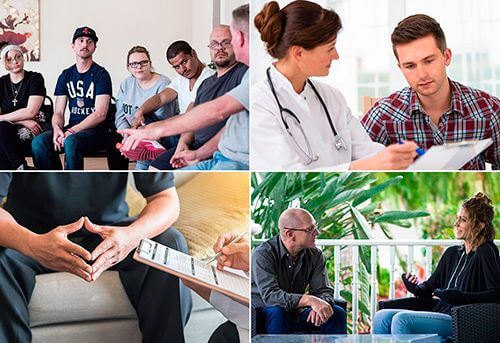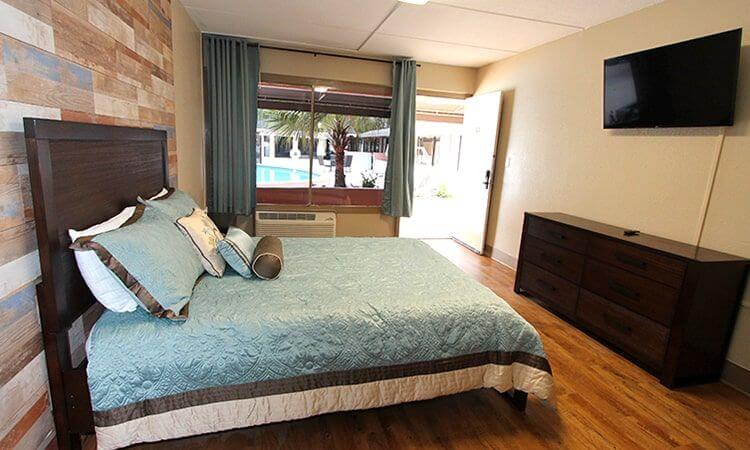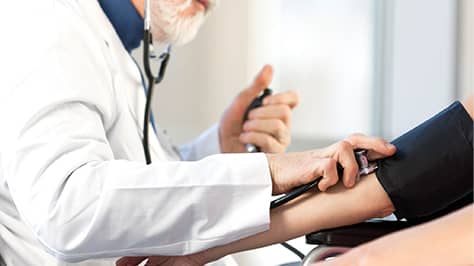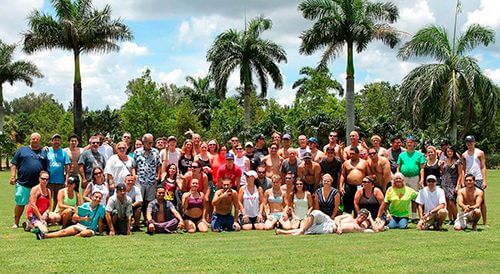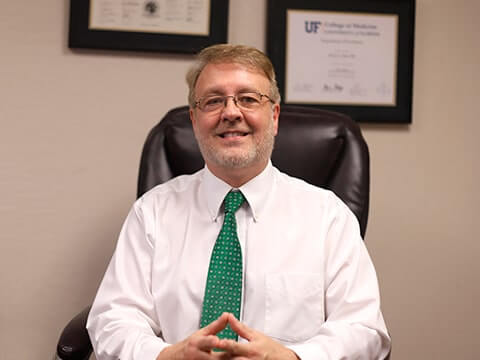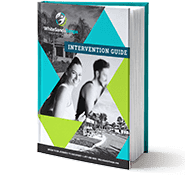Best Detox & Rehab Center for Residents of Lakeland, FL
Individuals in the Lakeland or surrounding area who are struggling with drug or alcohol addiction are urged to seek professional help right away. With drug and alcohol abuse on the rise, there must be resources available for patients when they need it most. The sooner an individual can get into rehab, the quicker they can work toward a life of sobriety.
WhiteSands Treatment offers medically assisted detox for those who require it. Guests are made comfortable throughout their time in detox and will be monitored on a 24/7 hour basis. When patients first enter detox, their vitals will be checked, and a patient evaluation and medical history exam will be completed. This evaluation will give the medical specialists an idea of how long the detox process will be for the individual and what medications they will be provided.
Alcohol Detox Treatment Near Me
For those who struggle with alcoholism or alcohol use disorder (AUD), treatment is crucial to long-term recovery. Detox works to safely and effectively wean the patient off of the substance of abuse by administering a more massive dose of medications at the beginning of detox and gradually lessening the dosage over detox, which can range from five to ten days in length.
Alcohol is a substance that requires a period of detox before entering treatment as the detox medications will reduce any withdrawal symptoms that may be experienced. The withdrawal process can often be uncomfortable for individuals, so the medications will help lessen the negative symptoms. When patients are comfortable, which WhiteSands does everything in their power to do, they will get through detox and move on to inpatient treatment with confidence.
Drug Detox Center for Lakeland Residents
For those addicted or dependent on illicit or prescription drugs, medical detox at our Plant City facility, just outside Lakeland, is the first step in the recovery process. Once a patient assessment has been completed, individuals will be presented with a treatment plan. The typical time period that individuals will be in dug detox will depend on various factors, such as the addiction’s gravity and severity. Still, typically the individual will be in detox for close to ten days.
WhiteSands Treatment in Plant City is the ideal place for residents of Lakeland to seek detox and recovery. We have full-time medical staff on board who are committed to ensuring patients’ comfort throughout detox. We understand that this is a massive time of transition, so we ensure that all patients are provided with everything they need to get through detox successfully.
WhiteSands Stories of Recovery
Alcohol Rehab Center Near Me
Individuals who struggle with alcohol abuse are urged to seek help as soon as possible. Unfortunately, alcohol is an easily accessible substance; therefore, it is often not seen as a problem. Contrary to this belief, it is one of the most dangerous and abused substances across the nation. This abuse is what makes this unique substance so dangerous.
Treatment programs for alcohol abuse included group therapy and one-on-one treatment where individuals will work through their addiction to professional addiction specialists. Counselors will work with patients to determine if there is an underlying mental health disorder responsible for the addiction. Getting to the root cause of the addiction is paramount in seeking the right treatment, as there is no such thing as a one-size-fits-all approach to recovery.
The most common types of mental health disorders that are often responsible for addictive habits and behaviors are anxiety, depression, bipolar disorder, OCD, and ADHD. These disorders may require prescription medication to help the individual manage and cope with mental illness’s side effects. Once the patient is stabilized, they are ready to enter treatment.
Drug Rehab Center Near Me
The physical and mental aspects of addiction must be tackled, as only managing one will not solve the problem on a life-long basis. During drug rehab at our inpatient facility in Plant City, individuals will meet with their primary therapist and counselors daily to work through their struggles.
A large part of addiction recovery is knowing that you need help if you ever want to live a productive and content life. Addiction is a persistent, chronic, and relapsing disease that will stop at nothing, which means it must be adequately managed, or it may creep back into your life. The staff at WhiteSands Treatment will teach various coping mechanisms that patients can use once they leave rehab. Knowing how to handle pressures once they are out in the real world again is critical to sustaining sobriety.
Drug rehab involves a very structured environment intended to help patients get the most out of treatment. When guests have an itinerary to follow, they are less likely to feel the symptoms that may lead to relapse or end treatment early.
Drug Detox Treatment for Opioids Addiction in Lakeland, FL
Opioids, whether prescription or illicit, require a period of detox to wean the individual off of the substance of abuse safely. It is never advised that individuals go ‘cold turkey’ as this can have dangerous health ramifications and can even be life-threatening. When individuals stop using, they will experience uncomfortable withdrawal symptoms. During medical detox, though, patients will be administered certain detox medications intended to help mitigate the withdrawal symptoms being felt. Drug management for detox is an effective way to remove toxins from the body safely and monitored. Opioids that require a period of medical detox before the patients enter inpatient treatment include fentanyl, morphine, heroin, hydrocodone, methadone, codeine, and oxycodone.
Patients who go through medical detox at our Plant City facility, just outside Lakeland, will be monitored on a 24/7 basis to ensure that the process is going smoothly. The patient has to respond well to the medications, and not every patient will respond the same to one medication as another individual will. By having medical specialists available around-the-clock, patients will have peace of mind that they are detoxing in the safest way possible.
Lakeland Opioid Rehab Center
The opioid problem that is present across the U.S. is at epidemic proportions. There needs to be tools and resources available for those struggling, which is a critical factor in getting these individuals into long-term recovery. When individuals know that effective, quality help is available, they are much more likely to get into treatment.
There are many programs and therapy options available that patients will go through during their time in opioid rehab. Group therapy will allow patients to be in a supportive environment that is conducive to recovery. When individuals are surrounded by people going through the same struggles and who have the same end goal of sobriety, they are much more likely to carry on in treatment.
Guests at WhiteSands Treatment in Plant City will attend multiple individual sessions per week throughout their time in treatment. Our center is unique in that we offer this program to patients three times per week as opposed to once weekly at a standard treatment center. Having extra sessions for patients allows consistency, which contributes to long-lasting recovery from drug or alcohol addiction. It also allows patients to feel more connected with their therapists as we have a roster of full-time staff members on board. Many facilities simply have therapists come in once weekly before they head out to another facility, never truly bond or understand patients.
Medically Assisted Treatment
Several medications are used during the medical assisted treatment at our outpatient facility in Lakeland, Florida. Some are designed to help patients overcome addiction from opioids, while others are designed to help with alcohol. Depending on the severity and type of addiction the individual struggles with, different medications will be administered.
Some of the common medications used during medically assisted treatment are Naltrexone, Benzodiazepines, Suboxone, Methadone, Disulfiram, and Buprenorphine. These medications help to stabilize the individual so that they are physically prepared to enter treatment.
There are a host of emotions that patients will experience during the medically assisted treatment period, so medications are also mood-stabilizing. The goal of treatment is to lower the urge to use the substance of abuse, but it is also designed to help manage the recovery process associated with treatment.
What Is Detox Like? What to Expect
The staff at our Plant City facility will make the patient as comfortable as possible for the duration of medical detox. The process involves effectively and safely weaning the individual off the substance of abuse, which is completed in a controlled environment.
Once patients’ vitals are checked, and a history exam has been completed, detox’s right course of action will be determined. Typically, the detox process can last anywhere between five days and up to ten days, depending on the severity of the addiction and how receptive the patient is to the detox medication being given. Medical staff will closely monitor each patient daily to ensure that the detox process is going smoothly. Patients will reside on the facility grounds in Plant City during the time they are in detox. This way, nurses can help the patient on a 24/7 basis.
Some of the withdrawal symptoms that can be mitigated with detox medications are restlessness, nausea, vomiting, and insomnia so the patient does not feel the significant symptoms of withdrawal. Once the patient is stabilized physically, which is what detox does, they will complete inpatient treatment at our Plant City location. Patients are welcome to enjoy the amenities while they are in detox, which can help them get their minds off the process, which is often the most challenging stage in the recovery process.
What Is Rehab Like? What to Expect
Once patients have completed their detox, they will move to inpatient treatment, with both provided at our Plant City center. Here, patients will work with therapists to help them overcome their struggles. Programs will focus on psychotherapy, group therapy, individualized treatment, and counseling while also incorporating more holistic approaches to recovery such as yoga, chiropractic care, exercise therapy, and meditation. The combination of professional treatment and holistic approaches has proven to be an effective method for long-term recovery.
WhiteSands Treatment offers an extensive range of holistic supplemental treatment for patients. Learning how to manage the disease of addiction through natural remedies can help patients when they exit treatment, as creating new healthy hobbies and habits is critical to long-term sobriety.
When patients first enter inpatient treatment, they will be given a daily itinerary. This schedule will lay out what sort of treatment they will be attending that day, and this will alter day-by-day. Some days will involve group therapy, while others will involve one-on-one counseling. Each itinerary is catered to the unique needs of every patient.
About Lakeland, FL
When patients have completed their detox and inpatient treatment at WhiteSands Treatment in Plant City and then return home to Lakeland for outpatient services, they will have to ensure to engage in healthy activities during their recovery. Without proper addiction management, they run the risk of relapse.
Taking up healthy hobbies and habits will help patients adopt new ways to spend their time effectively. There are many sites and attractions to see in Lakeland, Florida, conducive to long-term sobriety. Some of the attractions to check out in Lakeland are:
Van Fleet Trail
Van Fleet Trail is a beautiful place to take a bike ride, walk, jog, or take a casual stroll. The tree-lined trail offers scenic views and is home to various birds and wildlife that are native to the state of Florida. There are also picnic areas around the park, which are perfect for gathering some friends together, sharing stories, and catching up.
7683 Berkley Rd. Polk City, FL 33868
Peterson Park
Peterson Park offers a boardwalk for visitors to enjoy, which looks out onto the beautiful misty lake. The park is a great place to practice your baseball as well, as there is a baseball diamond located directly within the park. Picnicking is par for the course at Peterson Park, and there are several pavilions for individuals to enjoy.
0215, 3700 Cleveland Heights Blvd. Lakeland, FL 33803
Hollis Garden
Hollis Garden is an absolute must-see when visiting Lakeland. The botanical garden boasts a gorgeous variety of plants and flowers and has picturesque fountains to sit by and enjoy. The alluring neoclassical architecture is nothing short of impressive, so don’t forget to bring your camera as you won’t want to miss the opportunity to take a memorable photo.
702 E Orange St. Lakeland, FL 33801
Lake Morton
If you simply want to relax by the lake, Lake Morton is the perfect spot. The tranquil waters promote relaxation and solace, and it is a great place to sit back and reflect. There is also wildlife to be spotted here, from turtles to swans, ducks, and more.
Lake Morton Dr. Lakeland, FL 33801
Saddle Creek Park
Saddle Creek Park is a must-see for visitors and locals alike. If you enjoy fishing and boating, this park is perfect for you as many fish species call Saddle Creek home. Make sure to pack a bathing suit and towel as you might want to take a dip in the warm waters. There are also a number of trails to enjoy here, so don’t forget to pack your best walking shoes.
3716 Morgan Combee Rd. Lakeland, FL 33801
Recovering addicts must keep busy as this will occupy their minds so that they do not get bored and resort to drug or alcohol abuse. Addiction recovery takes dedication, which is why individuals must keep up with their recovery. A.A. (alcoholics anonymous) and N.A. (narcotics anonymous) programs are available in Lakeland and help patients sustain their recovery through continuous support.
What Type of Amenities Does WhiteSands Offer?
Our Plant City facility is situated on a very spacious campus, which allows us to have a wide selection of amenities to choose from. Because of our center’s scale, individuals will not feel like they are being crowded into a small area. Since the facility is situated on an impressive acreage, we have the space to offer private rooms to all guests, which feature a television, wifi, private bathroom, and queen-sized beds. The rooms have also gone under renovation and are newly updated.
The facility has an athletic complex, a boxing program, recreation center, and private rooms for all guests to enjoy cell phones and electronics. There is also a host of fun and active recreational activities that patients can enjoy directly on the facility grounds such as yoga, volleyball, basketball, ping-pong, and swimming.
Having healthy options for guests to keep busy is essential to long-term recovery, which is why we put a lot of focus on creating healthy ways for guests to spend their extra time. Some of these include the boxing program, which allows guests to work toward their recovery goals while improving their physical and mental capacity. We encourage all guests to work toward personal goals that will help them stay in active recovery post-treatment.
Why Choose WhiteSands?
WhiteSands Treatment is a premier addiction care facility that offers a full continuum of treatment options for patients struggling with drug and alcohol addiction. We have full-time medical staff, primary therapists, a medical director, an addictionologist, certified therapists, and counselors who make it their mission to help patients make a full recovery.
WhiteSands is not your typical treatment center as we do not standardize treatment. Instead, we off personalized treatment programs that are based on the unique needs of each patient. We never utilize a ‘one-size-fits-all’ approach to recovery, as this has never worked. By providing unique treatment based on patients’ individual needs, they will have a better chance of reaching long-term recovery.
We set our standards very high and always exceed the industry standard; we aim to be the best and sustain that in all of the treatment services and amenities we provide. Some of the features that set us apart from our competitors are individualized treatment programs, multiple one-on-one therapies, extended slow-tapers, board-certified specialists, and dual diagnosis programs, to name a few. There are so many features that set us apart from competitors, and we work hard to ensure that we are continually raising the bar as we always put our guests first.
The key to getting better is to get in touch with an intake specialist today to learn how treatment can help you overcome your struggles. As soon as you are in the mentality that help is needed, you are already in the recovery mindset if you want to live a content and fulfilled life. When you call and speak to a specialist, they will ask you a series of questions to learn more about you and your recovery goals. Once this is complete, they will encourage you to take an in-person patient assessment with a qualified specialist who can help to get you into treatment as soon as possible.
Call WhiteSands today and speak with an intake specialist who will help you get the admittance process started (863) 209-7451.
WhiteSands Alcohol and Drug Rehab can help you make a full recovery from your drug or alcohol addiction. When individuals call (941) 200-1298 and speak to a WhiteSands intake specialist, they will be guided through an initial screening then given instructions on the next steps to begin the admission process. Call now to speak with an intake specialist and begin the process of healing your life today.
